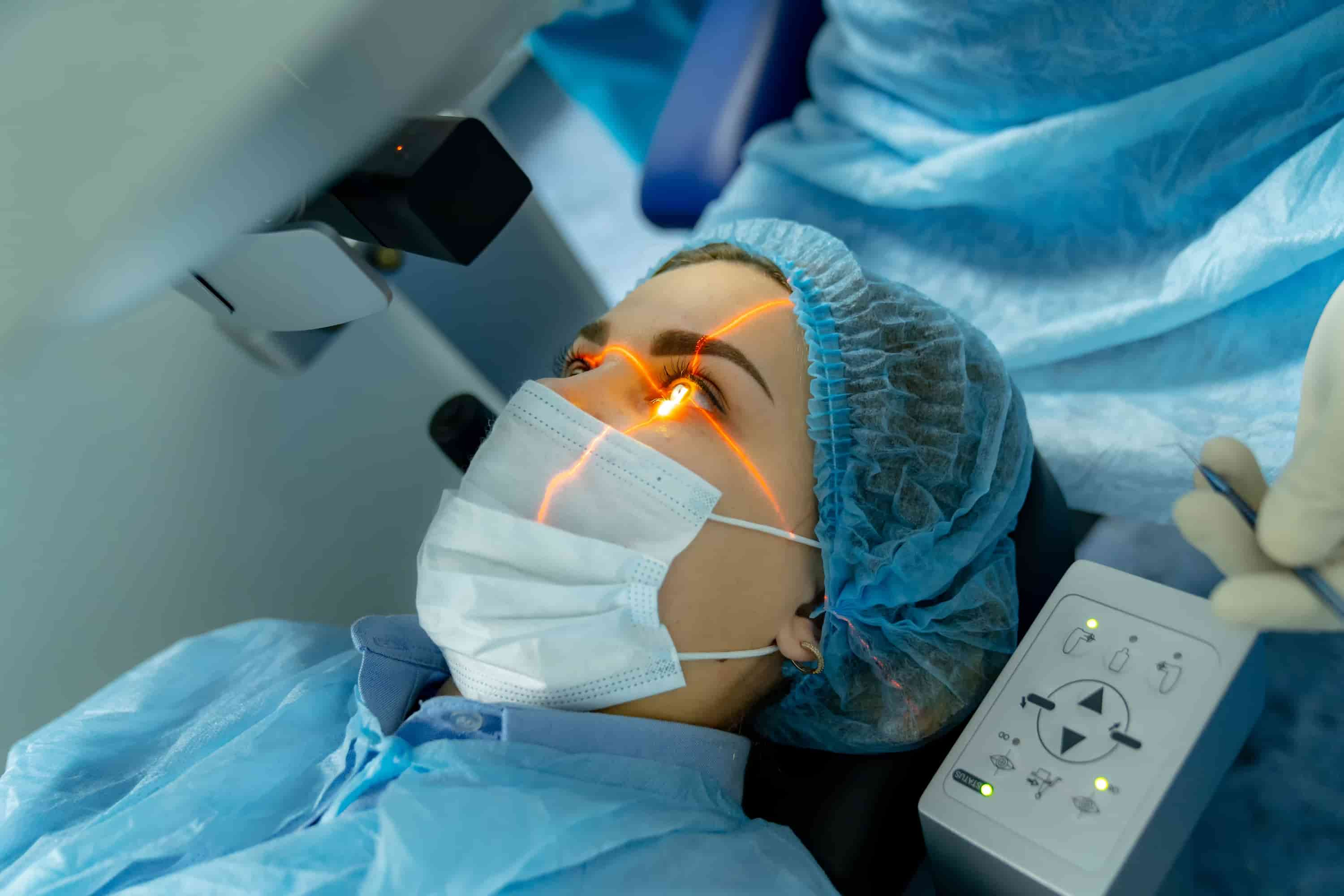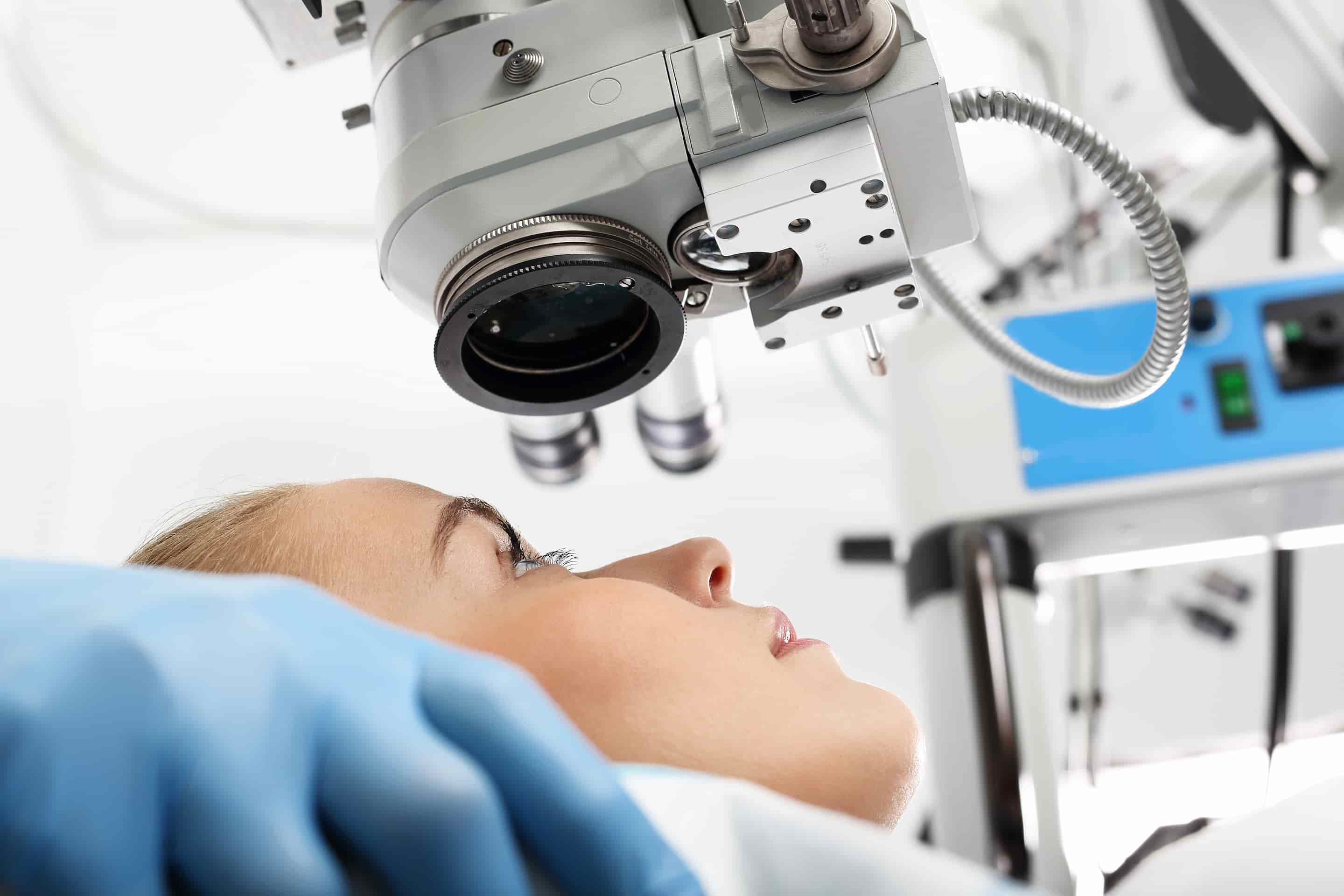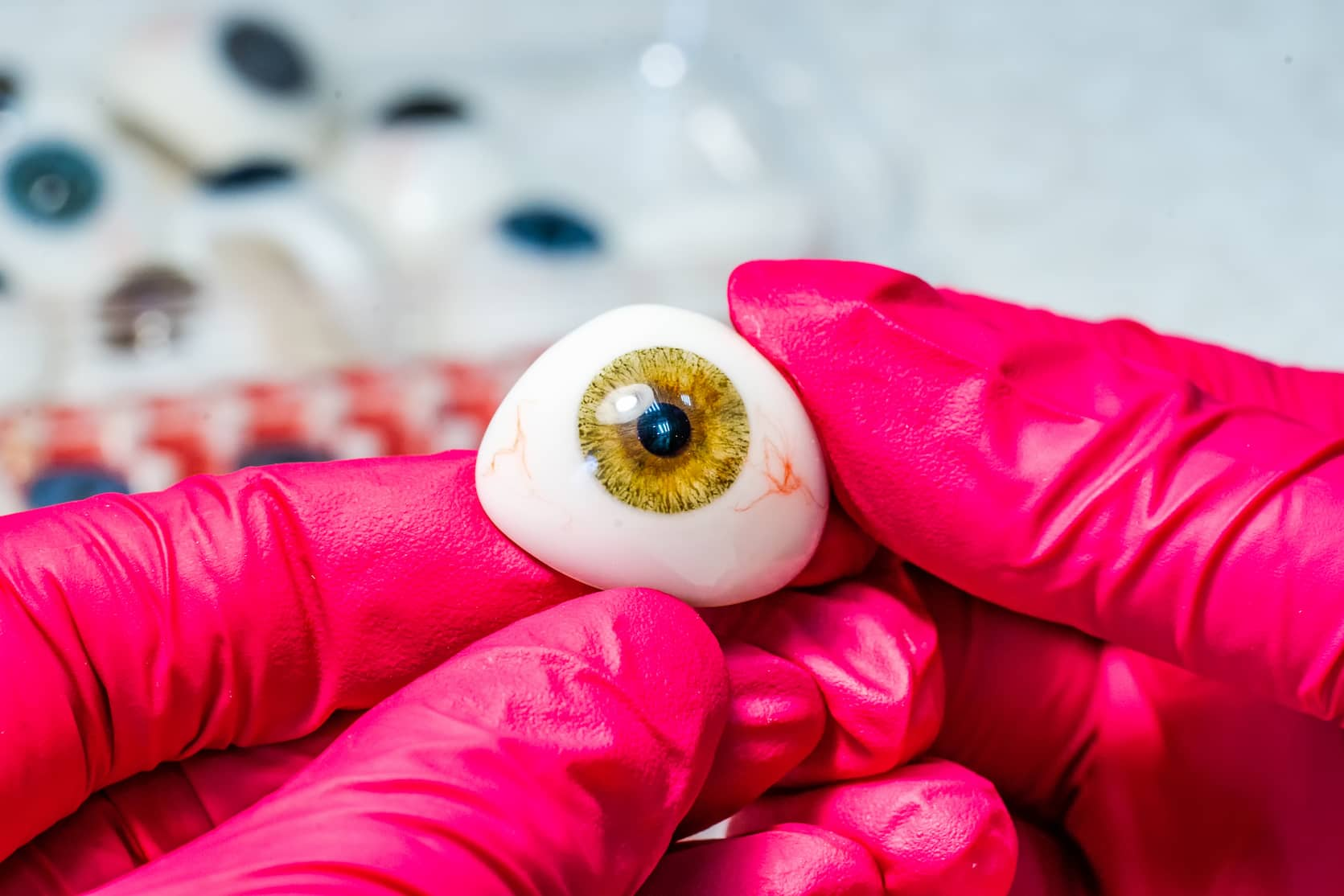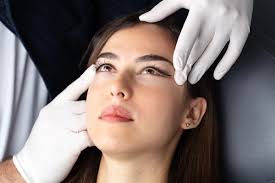
The Dos and Don’ts of Laser Eye Surgery Recovery Time
Laser eye surgery, also known as LASIK or PRK, is a popular and effective way to correct vision problems such as nearsightedness, farsightedness, and astigmatism. This procedure uses a laser to reshape the cornea, which helps to improve vision. While the surgery itself is relatively quick and painless, the recovery period can take some time. In this article, we’ll discuss the dos and don’ts of laser eye surgery recovery time and provide tips for a speedy recovery.
What is Laser Eye Surgery?
Laser eye surgery is a popular procedure that can correct various vision problems and reduce the need for glasses or contact lenses. It’s a type of refractive surgery that uses a laser to reshape the cornea, the clear outer layer of the eye, to improve how the eye focuses light.
The most common types of laser eye surgery are LASIK (laser-assisted in situ keratomileusis) and PRK (photorefractive keratectomy). LASIK involves creating a thin flap in the cornea, folding it back, and using a laser to reshape the underlying tissue. The flap is then placed back in its original position, where it adheres naturally without the need for stitches. PRK, on the other hand, involves removing the outer layer of the cornea before using a laser to reshape the tissue underneath. The outer layer will naturally regenerate in a few days. Both LASIK and PRK are outpatient procedures that are performed under local anesthesia and typically take less than an hour to complete.
Laser Eye Surgery Recovery Time
The recovery time for laser eye surgery can vary depending on the type of procedure, your overall health, and how well you follow your surgeon’s instructions. Generally, it takes about 24 to 48 hours for the initial healing process to occur. During this time, your eyes may feel dry, itchy, or irritated. You may also experience blurred vision or sensitivity to light.
In the first few days following the surgery, you may need to take time off work or other activities to rest and allow your eyes to heal. It’s important to avoid strenuous activities and anything that can cause strain on your eyes, such as reading or using a computer. Your surgeon will advise you on how long you need to rest.
Do You Need to Rest After Laser Eye Surgery?
Yes, you should rest for the first few days after laser eye surgery to allow your eyes to heal. Avoid activities that can cause strain on your eyes, such as reading or using a computer, and avoid any activities that may cause you to rub or touch your eyes. It’s also important to avoid swimming, hot tubs, or any activities that can expose your eyes to water or chemicals.
Resting for a few days after the surgery can help reduce your risk of complications and speed up your recovery time. However, it’s important to balance rest with light activity, such as taking short walks, to help promote circulation and reduce the risk of blood clots.
What Should I Avoid After Laser Eye Surgery?
There are several things you should avoid after laser eye surgery to help promote healing and reduce the risk of complications. Some of the things you should avoid include:
Rubbing or touching your eyes: This can cause irritation, infection, or even dislodge the flap created during LASIK surgery.
Swimming or using hot tubs: These activities can expose your eyes to water, which can increase your risk of infection.
Using eye makeup: Wait at least one week before using eye makeup after the surgery to avoid any irritation or infection.
Strenuous activities: Avoid any activities that can cause strain on your eyes, such as reading, using a computer, or lifting heavy objects.
Smoking: Smoking can slow down the healing process and increase the risk of complications.
Can I Watch TV After Laser Eye Surgery?
You can watch TV after laser eye surgery, but it’s important to avoid anything that can cause strain on your eyes. It’s best to limit your screen time and sit at a comfortable distance from the TV to avoid eye strain. You may also want to use eye drops to keep your eyes lubricated and reduce any dryness or irritation.
How Many Days After LASIK Can I Use My Phone?
You can use your phone after LASIK surgery, but it’s important to avoid anything that can cause strain on your eyes. Your surgeon may recommend that you limit your screen time for the first few days after surgery and avoid using your phone in bright or dim light. You may also want to hold your phone at a comfortable distance from your eyes to avoid eye strain.
Laser Eye Surgery After Care
After laser eye surgery, it’s important to follow your surgeon’s instructions for aftercare to ensure a speedy recovery and minimize the risk of complications. Some tips for aftercare include:
Attend all follow-up appointments with your surgeon to monitor your progress.
Use eye drops as prescribed by your surgeon to keep your eyes lubricated and reduce dryness or irritation.
Wear eye protection, such as goggles, when participating in sports or any activities that may cause injury to your eyes.
Avoid anything that can cause strain on your eyes, such as reading or using a computer, for the first few days after surgery.
Avoid rubbing or touching your eyes to minimize the risk of infection or dislodging the flap created during LASIK surgery.
Laser Eye Surgery Cost
Laser eye surgery is an effective way to correct vision problems and reduce the need for glasses or contact lenses. However, the cost of the procedure can vary depending on the type of surgery, the surgeon’s experience, and the location. In the United States, the average cost of LASIK surgery is around $2,000 to $3,000 per eye, while PRK surgery can cost around $1,500 to $2,500 per eye.
One alternative to the high cost of laser eye surgery in the United States is to travel to other countries, such as Turkey, where the cost of the procedure can be significantly lower. In Turkey, LASIK surgery can cost around $500 to $1,000 per eye, while PRK surgery can cost around $400 to $700 per eye. The lower cost of laser eye surgery in Turkey is due to a combination of factors, including lower overhead costs, lower surgeon’s fees, and government subsidies for medical tourism.
The Study of Laser Eye Surgery Recovery Time
According to a recent study published in the Journal of Refractive Surgery, which analyzed the recovery outcomes of 500 LASIK patients over one year, the majority of patients reported significant improvements in their vision within the first-week post-surgery. The study found that 95% of patients experienced reduced dependence on glasses or contact lenses, and only 5% reported experiencing temporary visual disturbances, such as halos or glare, during the early recovery period. This study underscores the effectiveness and safety of LASIK surgery and provides valuable insights into the recovery experience for potential patients.
Conclusion
In conclusion, laser eye surgery is a safe and effective way to correct vision problems, but it’s important to follow the dos and don’ts of recovery time to ensure a speedy recovery and minimize the risk of complications. Resting for the first few days after surgery, avoiding anything that can cause strain on your eyes, and following your surgeon’s aftercare instructions can help you achieve the best results. Remember to also take into consideration the cost of the procedure and check with your insurance provider to see if it’s covered under your plan.




